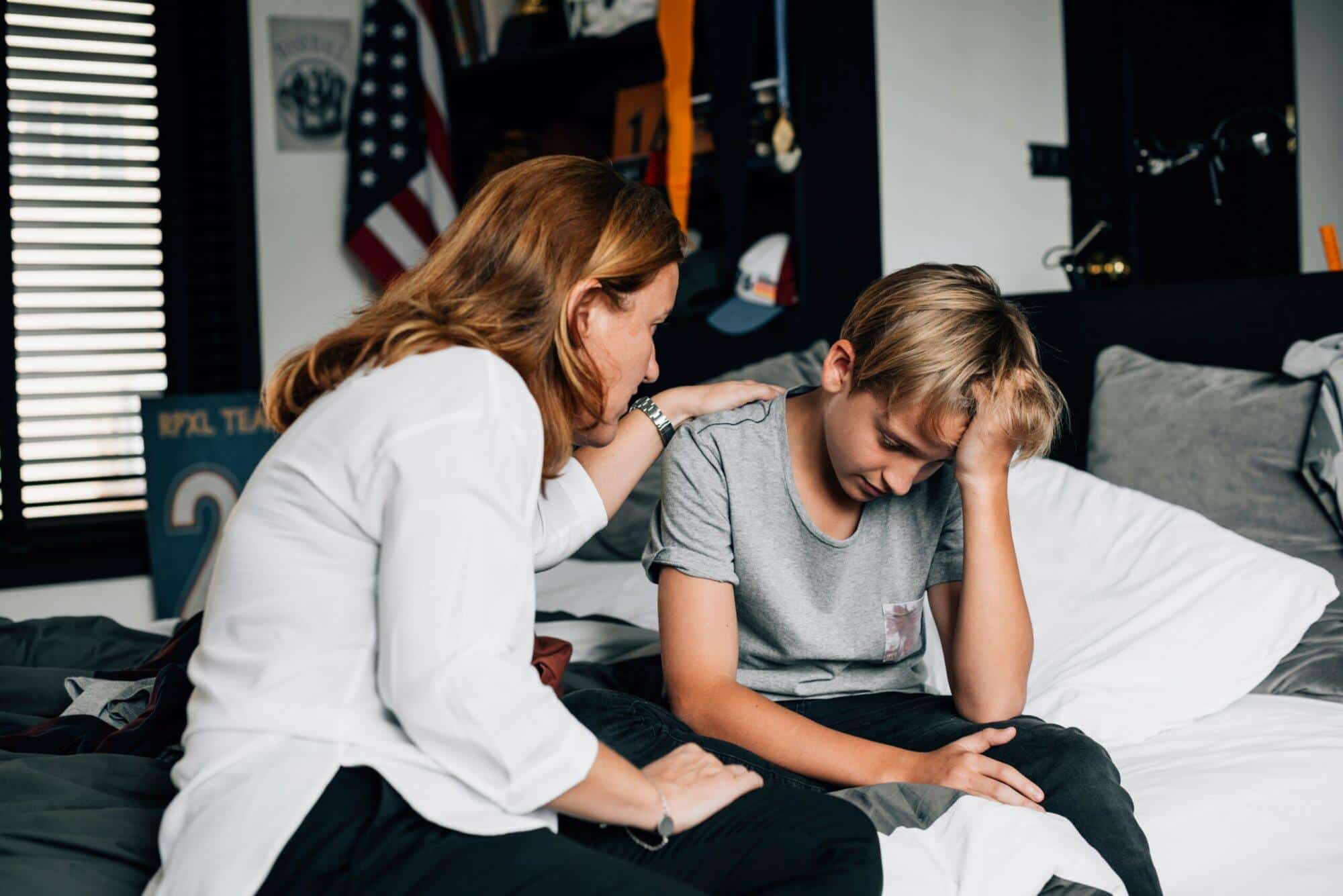Home > Trauma Informed Care (TIC)
What is Trauma Informed Care?
Our agency provides trauma-informed care training to help organizations support individuals who have experienced trauma. Our evidence-based programs teach how to understand trauma, recognize its symptoms, and implement effective healing strategies.
Key benefits:
What services do we offer?
Who do we provide training and support to?
Our training programs are tailored to meet the specific needs of various organizations, including, but not limited to:
What is the cost?
Thanks to our funding partners, we provide training and support at no cost to youth serving organizations in Martin, St. Lucie, and Indian River County.
To learn more about our trauma-informed care training programs, please contact us today:
This organization is an equal opportunity agency/provider.
© 1996 - 2025 Tykes and Teens Inc. | All Rights Reserved | Website by: Vero Web Consulting

LOCATION / HOURS / CONTACT